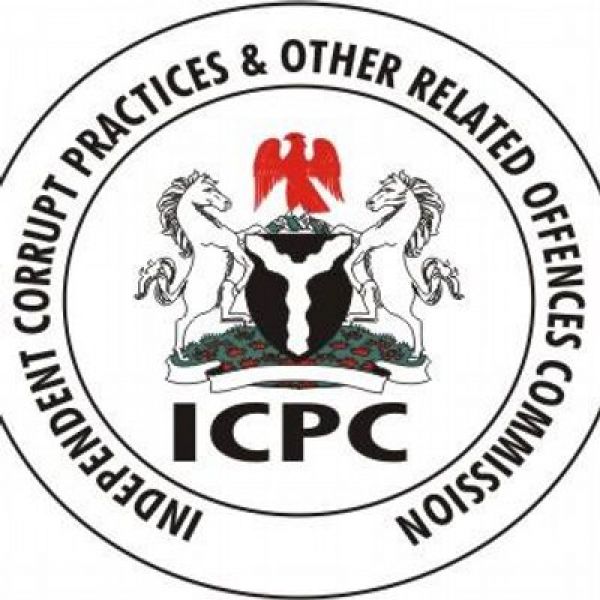ICPC Seeks Separate Legal Framework For Electoral Offenders
Chairman of the Independent Corrupt Practices and Other Related Offences Commission (ICPC), Professor Bolaji Owasanoye, has stressed the need for a separate framework that will improve the credibility of its electoral process.
He argued that in the Nigerian environment where defence counsel could raise objections anytime a prosecutor breathes, objections to prosecution of electoral offences by any agency other than the Independent National Electoral Commission (INEC) was a clear and present danger.
“These and other challenges bring to the fore the imperative of policy and strategies for cleansing the electoral process in Nigeria and devolution of enforcement machinery under the Electoral Act 2010,” he said.
He pointed out that INEC could not on its own prosecute electoral offences, noting: “The Electoral Act empowers INEC to prosecute electoral offences but realistically we know that INEC does not have that power, sometimes anti- corruption agencies are available to support INEC”
“If we are going to deal with the issue of prosecution of electoral offences there have to be a collaborative effort that INEC working with law enforcement agencies, but it is clear to me that something need to change in legal framework that says that INEC is the only one to prosecute electoral.
“INEC has said a separate framework should be formulated to deal with this, but we don’t want to have it because we cannot deal with it,” he stated.
Also Speaking, Secretary to the Government of the Federation (SGF), Boss Mustapha, pointed out that said it was disheartening to know that votes buying and selling and other forms of electoral corruption and violence in the last elections have cast doubts on the credibility and integrity of the nation’s electioneering process.
He, therefore, advised stakeholders to explore some of the issues that affect the electoral process like court sanctions, legislative reforms or improved voter education and enforcement, among others to develop a policy framework that would guide INEC, political actors, citizens and anti-corruption agencies on handling vote buying.
Speaking, Director, Centre for Democracy and Development (CDD), Idayat Hassan, alleged that the security votes allocated to political office holders were used for votes buying during election.





